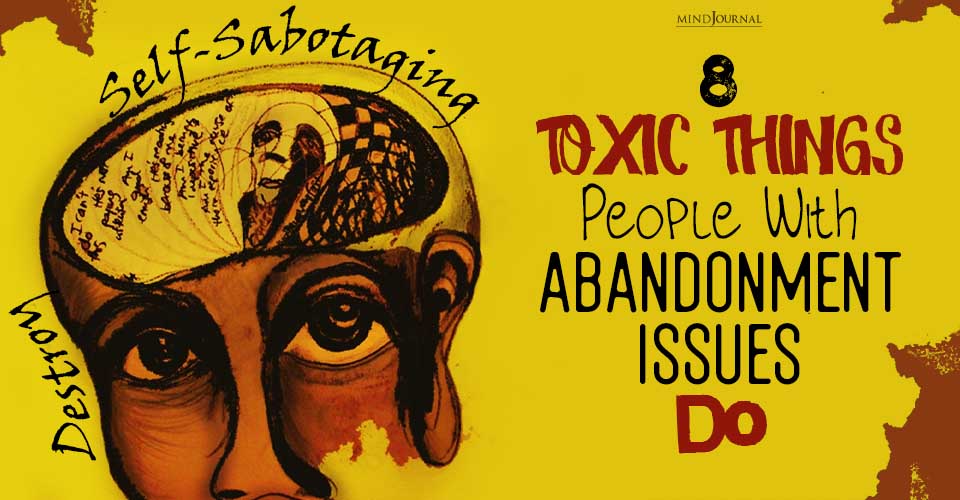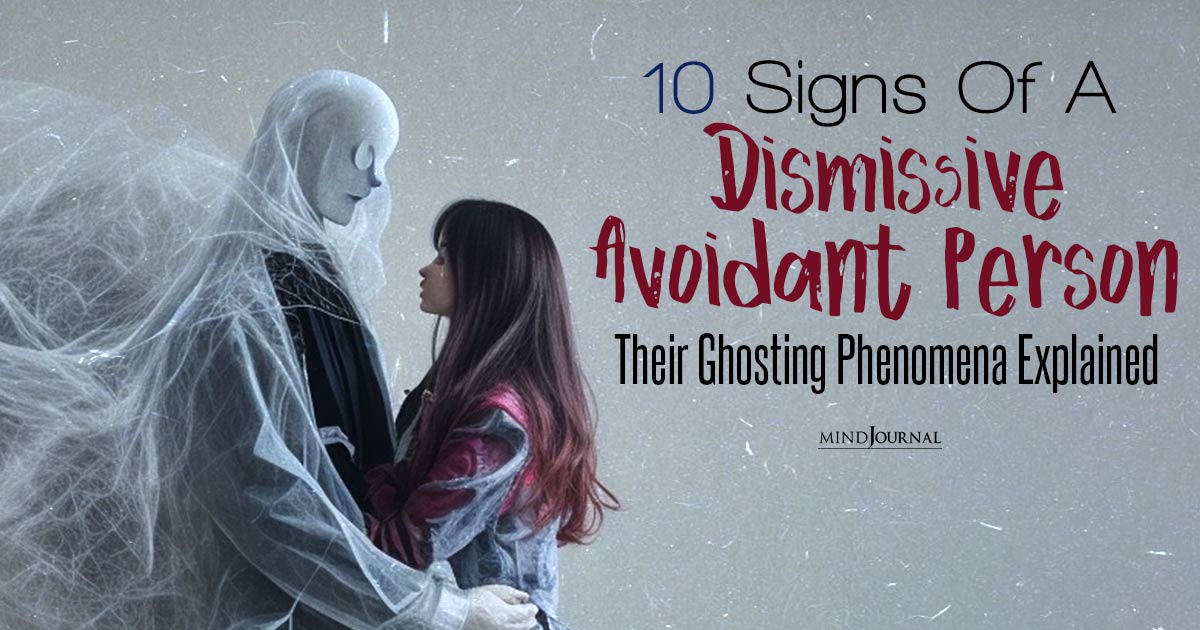“Realizing what your attachment style offers you a lot of freedom. It gives you a way to remember that at your core you are whole. You are love. You are divine. That idea that you could be broken is false.” – Amanda Blair Hopkins
Is Your Attachment Style at the Root of Your Struggles?
Do you keep getting stuck in the same destructive patterns? Maybe you struggle with depression, anxiety, anger, or relationship issues. Whatever your difficulty, the entrenched patterns may have been with you–in one form or another–for much of your life.
Over the course of childhood and beyond, people form ways of experiencing themselves and connecting with others that psychologists call attachment styles. It may be that your style of attaching (or relating to yourself and others) is at the root of your ongoing struggles.
There are two basic attachment styles that often cause people problems, and that involve difficulties relating to themselves and/or others in an open, positive way. These insecure attachment styles are anxious attachment and avoidant attachment.
Related: 5 Signs Of Unhealthy Attachment In Relationships
People who are anxiously attached tend to feel flawed or inadequate. They sense that they are somehow not enough, and they have a powerful need to feel accepted, comforted, and validated by others. Though loved ones may reassure them, any comfort they feel tends to be short-lived.
So, it’s common for these people to struggle with being unworthy, clingy, jealous, or pummeled by self-doubt. They also frequently struggle with depression, and anxiety, and feel insecure in their relationships.
People who are avoidantly attached often view themselves more positively, but they avoid emotionally close relationships. They are not emotionally there for others and don’t expect others to be truly there for them. Instead, they can be quite task-focused, seeing themselves as highly independent and self-sufficient.
Even when they are succeeding at whatever they put their minds to, they can feel bored and unfulfilled. When difficulties become so compelling that they cannot ignore their emotions or discomfort with feeling alone, they are often unprepared for how to manage those emotions and can become anxious or depressed.

In contrast to these insecure attachment styles, people who are securely attached feel that they are worthy and lovable; and that others are emotionally there for them. With the support they offer themselves and that they can receive from others (especially during times of distress), they feel generally happy and secure within themselves and their relationships.
If you recognize yourself in the above descriptions of either insecure attachment style, consider what unhealthy patterns you notice. Do you tend to think of yourself as unworthy, inadequate, or unlovable? Do you expect that others will not be there for you in a truly supportive way, and so avoid close relationships? And, importantly, can you see how these patterns affect you and your relationships?
Related: 6 Ways to Practice Non-Attachment and Find Inner Peace
If your attachment style causes problems for you, then it is important to know that you can change it. By putting in time and effort to learn more about yourself from a compassionate perspective (compassionate self-awareness), you can then develop a more secure attachment style that will help you to become happier within yourself and enjoy more secure, happier relationships.
Making Change blog posts are for general educational purposes only. They may or may not be relevant for your particular situation, and they should not be relied upon as a substitute for professional assistance.
Want to know more about what is your attachment style? Check this video out below!
To see more from Dr. Becker-Phelps, visit her website and her YouTube Channel. Website link: http://drbecker-phelps.com/home/ YouTube link: youtube.com/c/LeslieBeckerPhelpsPhD
Written By Leslie Becker-Phelps Originally Appeared On Psychology Today
Frequently Asked Questions (FAQs)
What are the 4 attachment styles?
The 4 styles are avoidant attachment, secure attachment, disorganized attachment, and anxious-ambivalent attachment.
What is attachment style in a relationship?
The kind of attitude and behavior you exhibit when you’re in a relationship, especially when it’s going through a rough patch or is being threatened, determines your type of attachment.
Can a person have 2 attachment styles?
Yes, you can exhibit 2 different forms of attachment when in a relationship.
What is the most common attachment style?
Secure attachment is the most common one of all.










Leave a Reply